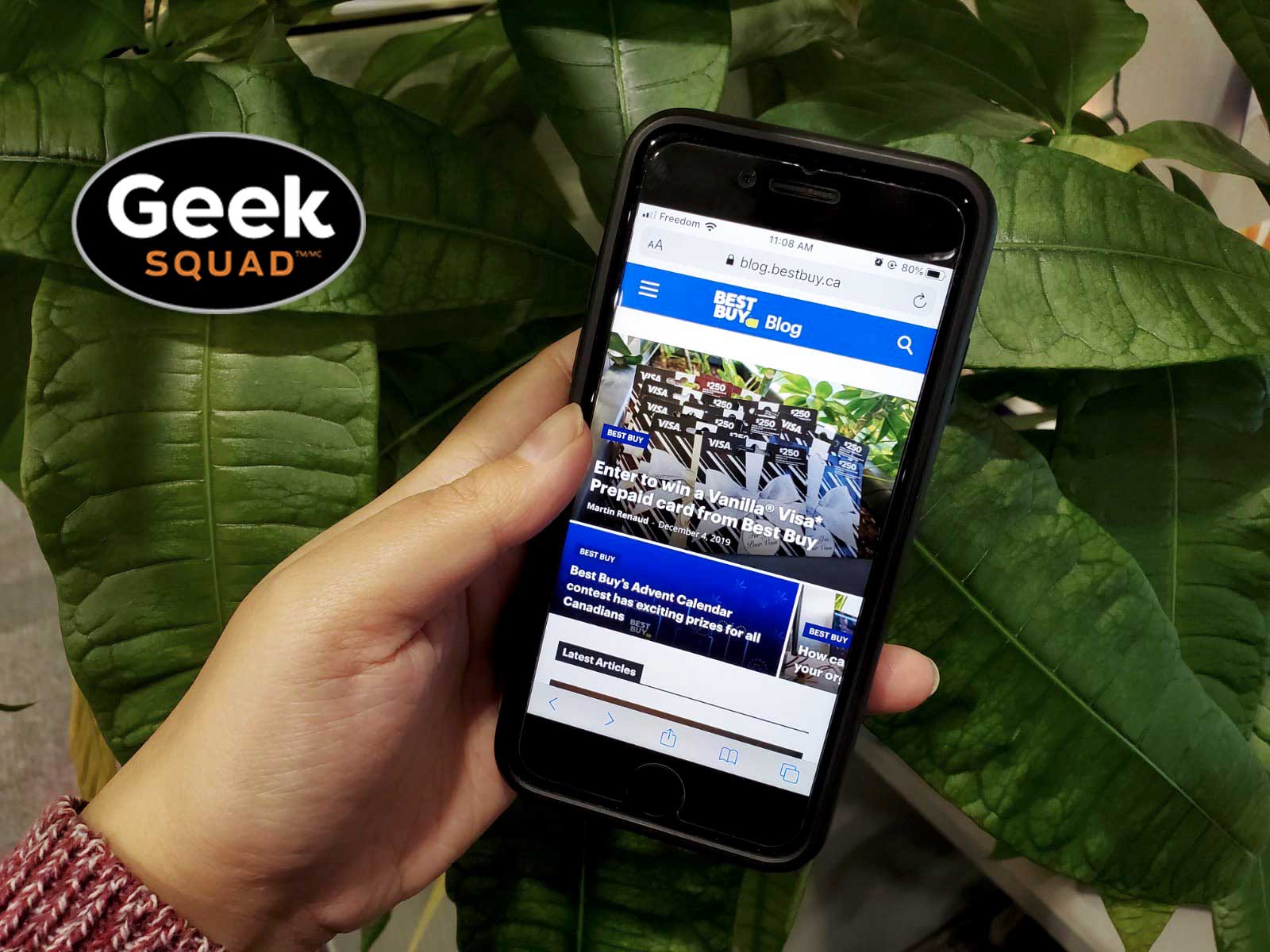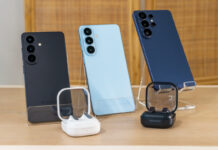
Your cell phone is a key part of your digital life style, and it offers functionality and experiences that were once relegated to science fiction. But they are not immune to the physical and digital frailties that all devices face. Here are some safety and security tips to protect your cell phone and your digital existence from harm.
Physical security
 The basic level of protection that every cell phone should have is a screen protector and a case. Screen protection will guard against scratches from other pocket contents, while a standard case will provide some defense against shortfalls and small collisions. For a more active user who enjoys vigourous outdoor activity, upgrading to a waterproof and fall-resistant case is a smart investment. This also applies to parents of toddlers who may see their phone inadvertently end up in the sink or toilet. The exact specifications of physical security that you will need for your cell phone depends on your lifestyle.
The basic level of protection that every cell phone should have is a screen protector and a case. Screen protection will guard against scratches from other pocket contents, while a standard case will provide some defense against shortfalls and small collisions. For a more active user who enjoys vigourous outdoor activity, upgrading to a waterproof and fall-resistant case is a smart investment. This also applies to parents of toddlers who may see their phone inadvertently end up in the sink or toilet. The exact specifications of physical security that you will need for your cell phone depends on your lifestyle.
You have lots of options when it comes to smartphone protection. For total peace of mind many Canadians opt for Geek Squad’s Wireless Services which covers pretty much everything you can imagine for a mobile device, from installing a screen protector to accidental damage coverage for drops or spills. The Best Buy Mobile team or a Geek Squad agent can help you determine what protection will fit you needs.
Updated OS
The security of a computing device depends on keeping the operating system updated to the most recent version possible. However, updating the OS is a significant change to your cell phone, and there are precautions that should be taken before updating to ensure you keep your data and functionality safe. The safest upgrade strategy is to use the expertise and knowledge of the Geek Squad to safely upgrade your cell phone operating system.
Password safety
The temptation when setting up your cell phone is to use a very simple passcode, or even worse, no passcode at all. Be aware that the easier it is to unlock your phone, the easier it is for an unauthorized person to access your phone data. If your cell phone has biometric (i.e., fingerprint reading) capability, take advantage of that. If not, take some time to create a secure passcode. A quick internet search will give you a list of the most popular bad passcodes (like 123456) to avoid.
Viruses and malware

The threat of virus infection is different for cell phones than computers, but that does not mean your cell phone is invulnerable to infection. One of the most prevalent threats to your cell phone is malware, programs that are presented deceptively in an attempt to have you authorize installation and once installed, the malware compromises your data security. Most major antivirus firms now also offer mobile device protection.
Fraud protection
Cell phones have now become the targets of scams that were once reserved for home phones, and many cell phone users are caught unaware. As an example, the fraudulent caller will ask “can you hear me?” to trick you into saying “yes.” They record your response, use it as proof that you’ve agreed to make an expensive purchase, and send you an invoice for the cost of the item. Though this technique would be found non-binding in a court of law, many users don’t realize this when the bill arrives. The best defence against phone fraud is vigilance. Legitimate companies rarely cold call, and they will properly identify themselves at the start of the conversation. In general, if you’re not expecting a call and it sounds strange, don’t trust it.
You shouldn’t feel alone when it comes to security. Every Best Buy location has a Geek Squad section where you can get real answers to all of your Mobile security questions. You can also visit Geek Squad online to get help line numbers and links to helpful information.




